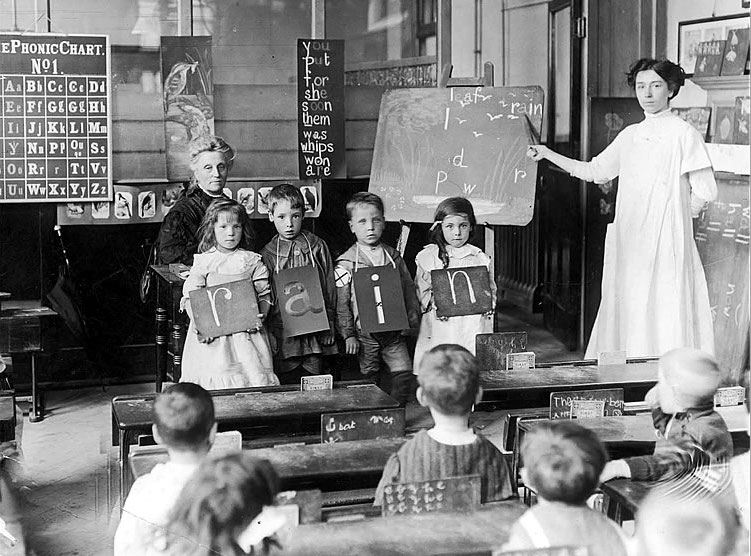 Happy Chinese New Year! The Year of the Rabbit begins on Sunday 22nd January 2023. The rabbit is associated with peace, longevity, intelligence, elegance and auspiciousness in Chinese culture. This peaceful, contemplative creature should imbue your EFL teaching learning and teaching with gentle strength and diligence this year. Chinese tradition dictates that 2023 will be filled with quiet, steady and effective progress, along with a touch of witty humour!
Happy Chinese New Year! The Year of the Rabbit begins on Sunday 22nd January 2023. The rabbit is associated with peace, longevity, intelligence, elegance and auspiciousness in Chinese culture. This peaceful, contemplative creature should imbue your EFL teaching learning and teaching with gentle strength and diligence this year. Chinese tradition dictates that 2023 will be filled with quiet, steady and effective progress, along with a touch of witty humour!
The Chinese New Year is a great time for a seasonal EFL lesson. Learning about other cultures and traditions is always interesting and a great way to learn more English, so we’ve prepared a fun comprehension exercise for your next EFL lesson relating to Chinese New Year! Continue reading


